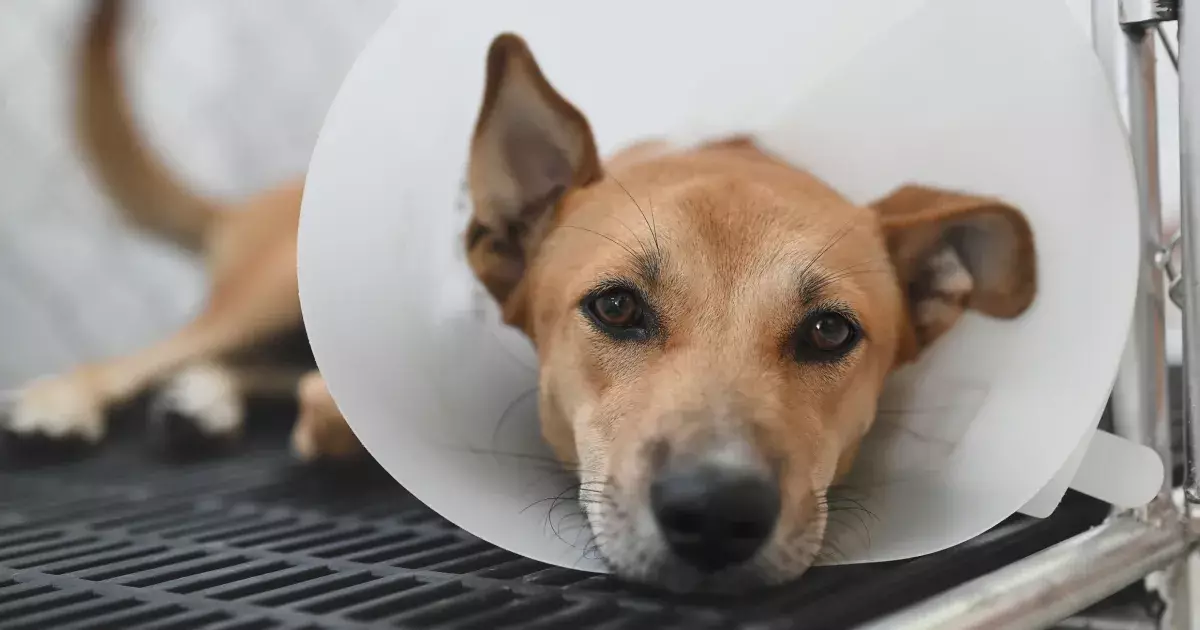As pet owners, taking the step to spay or neuter our dogs is often driven by a desire for their well-being and the management of pet populations. However, many of us are uncertain about the post-surgical journey, especially regarding behavior. In this article, we will delve deeper into the anticipated changes that occur after these procedures, both in the immediate aftermath and in the long run.
After a dog undergoes spay or neuter surgery, one can expect noticeable differences in their demeanor. The impact of anesthesia can lead to lethargy or a lack of energy during the first couple of days. Your pup might appear a bit disoriented or sleepy, as the effects of the drugs dissipate from their system. Additionally, a minor decline in appetite is common, with many pets showing little interest in food and water during this initial recovery period.
It is also essential to consider sensitivity around the surgical site. Dogs might react differently; some may exhibit tenderness and may be tempted to lick at their stitches. To combat this, veterinarians often recommend using an Elizabethan collar, colloquially referred to as a “cone,” to prevent any unwanted attention on the sutures, which will remain necessary for approximately two weeks. This preventive measure is critical in reducing the risk of complications such as infections or wound dehiscence.
Long-Term Changes: Behavioral and Health Considerations
Beyond those first few days, there are several behavioral shifts and potential health issues that pet owners should watch for. One of the most significant long-term adjustments is the propensity for weight gain. Spayed and neutered dogs may experience changes in their metabolism, so transitioning to a lower-calorie diet as your dog matures can help mitigate this risk.
Behaviorally, the effects of these surgeries can lead to positive changes, especially if performed while the dog is young. Often, spaying and neutering can decrease aggressive tendencies in male dogs, resulting in a more manageable and sociable pet. However, if a male is neutered later in life, ingrained habits might be more challenging to alter.
Furthermore, while some dogs exhibit a natural calming of behaviors in the months following surgery, others may not show as dramatic a difference without additional training and reinforcement. It’s crucial for pet owners to remain patient and supportive, as every dog’s recovery and adjustment period is unique.
As your dog heals and settles into this new phase in life, it is critical to foster an environment that encourages healthy behavior and minimizes stress. Utilize positive reinforcement methods in training to reinforce desirable behaviors and promote well-being. Be proactive about their exercise regimen to manage weight and increase overall health.
Spay and neuter surgeries are not only vital for responsible pet ownership but also have broader implications on our pets regarding both short-term and long-term behavioral patterns. Understanding these changes equips owners with the knowledge needed to ensure a smooth transition and continued positive behavior in their beloved companions.

